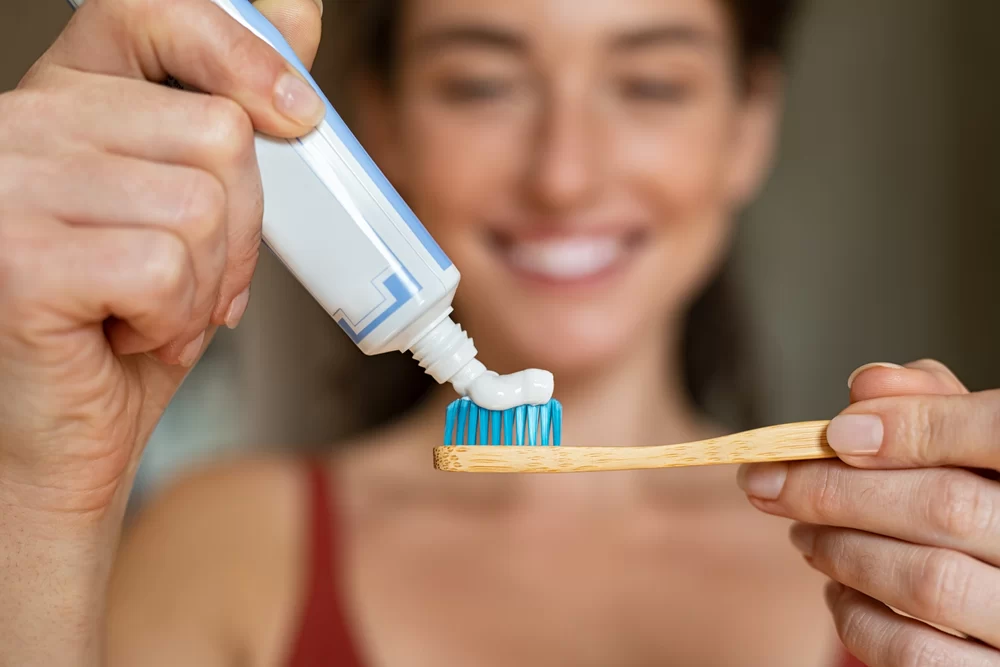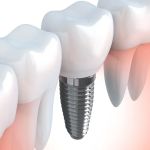
- Understanding Your Dental Needs
- Different Types of Toothbrushes
- Factors to Consider When Choosing a Toothbrush
- Manual vs. Electric Toothbrush: Which Is Right for You?
- Maintaining Your Toothbrush for Optimal Results
Understanding Your Dental Needs
Before you can choose the right toothbrush, it's essential to understand your specific dental needs. Are you prone to gum sensitivity? Do you have braces or other dental appliances? These factors can influence the type of toothbrush you should choose. For instance, individuals with sensitive gums might benefit from a toothbrush with softer bristles, while those with braces might need a specialized toothbrush to clean around brackets and wires effectively.
It’s also important to assess any specific oral health issues you may face, such as gingivitis, cavities, or gum disease. Understanding these needs will help narrow down the selection of toothbrushes that will work best for you and provide the most effective cleaning experience.
Different Types of Toothbrushes
When it comes to choosing a toothbrush, there are several options to consider. These can be broken down into two main categories: manual and electric toothbrushes. Each has its benefits, and choosing the right one depends on your personal preferences and needs.
Manual Toothbrush
Manual toothbrushes are the most traditional and widely used option. They are easy to use, affordable, and available in various shapes, sizes, and bristle firmness. However, it’s important to note that effective brushing with a manual toothbrush requires the proper technique, such as brushing for at least two minutes and using gentle, circular motions. For people with dexterity issues, manual brushes may be more challenging to use.
Electric Toothbrush
Electric toothbrushes are gaining popularity due to their ease of use and ability to provide a more consistent brushing experience. They are particularly beneficial for individuals who have difficulty holding a manual toothbrush or those who want a more thorough clean. Electric toothbrushes have built-in timers to ensure you brush for the recommended two minutes and can often have specialized features like pressure sensors and multiple brushing modes for different needs. They are, however, more expensive and require regular charging.
Factors to Consider When Choosing a Toothbrush
Several factors should be considered when choosing a toothbrush, including the bristle firmness, size, and features of the brush. Each factor plays a significant role in ensuring that your toothbrush effectively cleans your teeth without causing damage to your gums or enamel.
Bristle Firmness
When it comes to bristles, most dentists recommend choosing a toothbrush with soft bristles. Hard bristles can be abrasive on the gums and enamel, potentially causing gum recession and tooth sensitivity. Soft bristles are gentle yet effective at removing plaque and debris, making them the best option for most people. Medium bristles can be an option for those who feel that soft bristles don't offer enough cleaning power, but they should be used cautiously.
Toothbrush Size
The size of the toothbrush head is another important consideration. A smaller head allows for better maneuverability in areas like the back of the mouth, making it easier to reach all of your teeth. If you have a larger mouth, you might prefer a toothbrush with a slightly larger head for greater coverage. However, a smaller head is often more effective at reaching tight spots, so it's important to choose a size that you're comfortable using.
Special Features
Many toothbrushes come with additional features such as tongue cleaners, pressure sensors, and specialized bristle patterns. For example, some electric toothbrushes are equipped with a timer to help you brush for the recommended two minutes. If you are looking for a more personalized brushing experience, a toothbrush with customizable modes or smart features like Bluetooth connectivity may be worth considering.
Manual vs. Electric Toothbrush: Which Is Right for You?
Deciding between a manual and an electric toothbrush ultimately comes down to personal preference and needs. Electric toothbrushes are often recommended for individuals who may not brush effectively with a manual brush, such as those with limited mobility or those seeking a more thorough clean. On the other hand, manual toothbrushes are a budget-friendly option that can be just as effective when used with the right technique.
For those new to electric toothbrushes, it may be helpful to try both types to determine which one feels more comfortable and meets your dental care needs. Regardless of the type, the most important factor is to brush properly and regularly.
Maintaining Your Toothbrush for Optimal Results
Once you've chosen the right toothbrush, it's essential to maintain it properly to ensure its effectiveness. Here are some maintenance tips:
- Replace Regularly: Whether you use a manual or electric toothbrush, replace the brush head or the entire brush every three to four months, or sooner if the bristles appear frayed.
- Rinse After Use: After each use, rinse your toothbrush thoroughly to remove any toothpaste and debris. Store it in an upright position to allow it to dry properly.
- Clean the Handle: Clean your toothbrush handle regularly to prevent bacteria buildup. If you use an electric toothbrush, make sure to clean the charging base as well.
At Dentistry Toothtruth, we offer a range of toothbrushes, from manual to electric, to suit every dental need. If you're unsure which toothbrush is right for you, we can help guide you to the best options for your oral health. Visit us to explore our recommended toothbrushes and other oral care products that can help you achieve a healthy, beautiful smile.







 Calder Dental4.0 (5 review)
Calder Dental4.0 (5 review) Dental Ben's4.0 (171 review)
Dental Ben's4.0 (171 review) Northland Family Dentistry4.0 (111 review)
Northland Family Dentistry4.0 (111 review) Sheats Endodontic Group4.0 (148 review)
Sheats Endodontic Group4.0 (148 review) Ford Signature Dentistry4.0 (300 review)
Ford Signature Dentistry4.0 (300 review) Prosthodontics of Madison - Kendra Schaefer, DMD & Christine Roenitz, DMD4.0 (25 review)
Prosthodontics of Madison - Kendra Schaefer, DMD & Christine Roenitz, DMD4.0 (25 review) The Importance of Oral Health Education During Pregnancy for a Healthy Pregnancy
The Importance of Oral Health Education During Pregnancy for a Healthy Pregnancy Best Tips for Brushing Your Teeth Properly for Healthy Gums: Essential Techniques for Oral Health
Best Tips for Brushing Your Teeth Properly for Healthy Gums: Essential Techniques for Oral Health Why Skipping Dental Checkups Can Lead to Bigger Oral Health Problems
Why Skipping Dental Checkups Can Lead to Bigger Oral Health Problems Advantages of Porcelain Dental Restorations
Advantages of Porcelain Dental Restorations How Can Diabetes Cause Tooth and Gum Problems? Preventing and Managing Oral Health Issues
How Can Diabetes Cause Tooth and Gum Problems? Preventing and Managing Oral Health Issues Healthy Habits for Promoting Good Oral Health and Hygiene: Tips for a Healthy Smile
Healthy Habits for Promoting Good Oral Health and Hygiene: Tips for a Healthy Smile